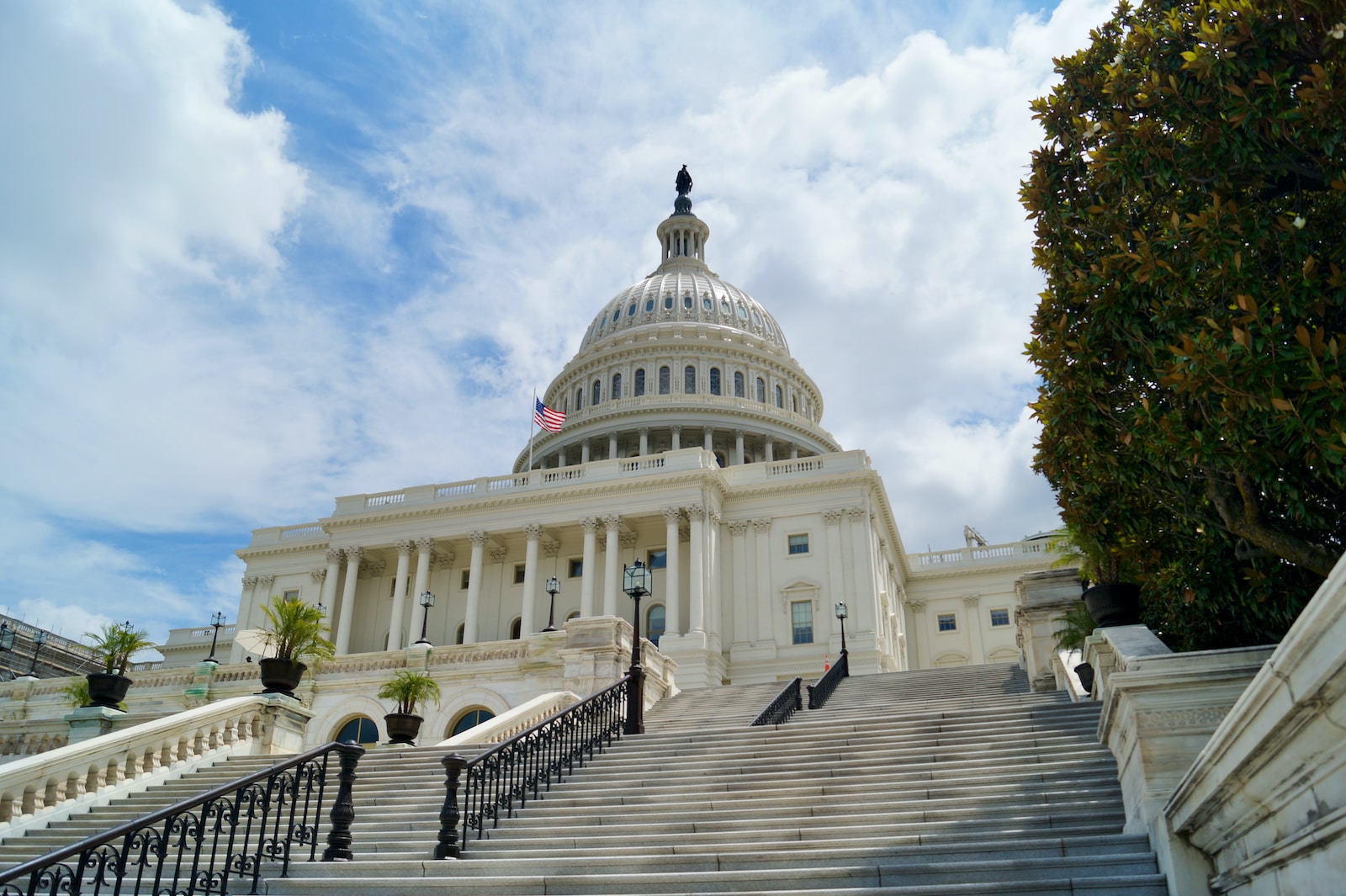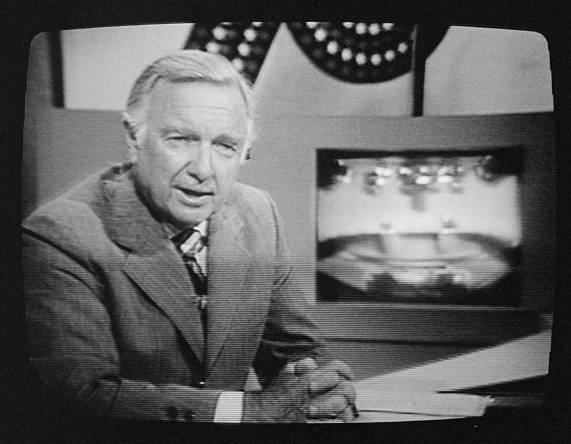Share this article with your network of friends!
As seniors who lived through the transformative decades of the 1960s and 1970s, we witnessed a period of immense change in American society. During this time, events such as the assassination of President John F. Kennedy and the Watergate scandal contributed to the mistrust of government institutions. In this article, we delve into these pivotal events and explore how they contributed to the growing mistrust of the government among the American public during that era.
1. The JFK Assassination (1963):
The assassination of President John F. Kennedy on November 22, 1963, in Dallas, Texas, was a devastating event that profoundly impacted the nation. The abrupt loss of a young and charismatic leader, coupled with lingering questions about the circumstances of his death, sparked widespread skepticism and suspicion among the American public.
2. Conspiracy Theories and Lack of Transparency:
Following the JFK assassination, numerous conspiracy theories emerged, fueled by perceived gaps in the official investigation and a lack of transparency from the government. Many Americans questioned the accuracy and completeness of the Warren Commission Report, which investigated the assassination, further eroding trust in official accounts of the events.
3. Vietnam War and Credibility Gap:
The 1960s also witnessed the escalation of the Vietnam War, a contentious conflict that deeply divided the nation. The government’s handling of the war and the apparent disconnect between official statements and the reality on the ground contributed to a credibility gap. This gap in trust between the government and the public further fueled the growing sentiment of mistrust.
4. The Watergate Scandal (1972-1974):
The Watergate scandal, which came to light in 1972, involved a series of illegal activities carried out by individuals associated with President Richard Nixon’s administration. These activities included breaking into the Democratic National Committee headquarters and attempts to cover up the involvement of high-ranking officials. The scandal shook the nation and raised serious concerns about the integrity and ethics of the government.
5. Media and Public Investigation:
The Watergate scandal was extensively covered by the media, with investigative reporting playing a pivotal role in exposing the truth behind the government’s actions. The televised hearings of the Senate Watergate Committee, led by Senator Sam Ervin, brought the details of the scandal into living rooms across America, further intensifying the public’s disillusionment with the government.
6. Impact on Public Trust:
The revelations of the Watergate scandal shattered the public’s confidence in the integrity of government officials and the transparency of the political process. Many Americans felt betrayed by those in positions of power, leading to a widespread sense of skepticism and doubt regarding the government’s honesty and accountability.
7. Lasting Legacy:
The JFK assassination and the Watergate scandal left a lasting legacy of mistrust in the government. These events significantly influenced the way Americans view their leaders and institutions, fostering a more critical and cautious approach to evaluating government actions.
Conclusion:
The 1960s and 1970s were pivotal decades in shaping America’s collective perception of its government. The tragic assassination of President John F. Kennedy and the Watergate scandal exposed vulnerabilities in the political system and cast a shadow of doubt over the government’s honesty and integrity. As seniors who lived through these times, we bear witness to the lasting mistrust of government on the nation’s psyche. They serve as reminders of the importance of transparency, accountability, and the need for an informed and engaged citizenry to uphold the values of democracy and ensure that the government serves the best interests of the people. As we reflect on these chapters in our history, we are reminded of the importance of preserving the principles that guide our nation and promoting an unwavering commitment to the pursuit of truth and justice.
DISCLAIMER: This website contains articles for informational and entertainment purposes only. No articles on this website should be considered as professional advice for any medical, legal, or financial matter. Advertisements and content may contain affiliate links, where the website earns a commission for sales derived from our users.






[…] learned from this period of political turbulence. Reflecting on Watergate allows us to appreciate the importance of accountability, transparency, and the role of a free press in upholding democracy. It serves as a reminder of the […]